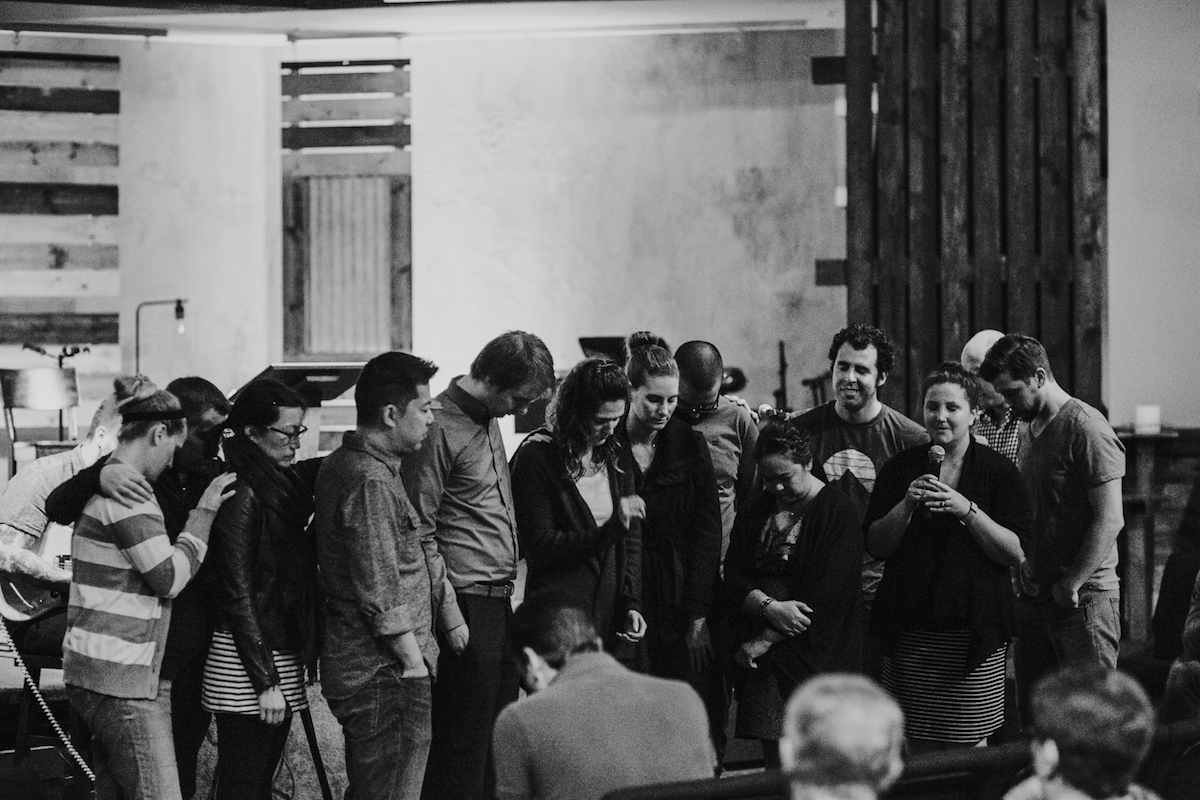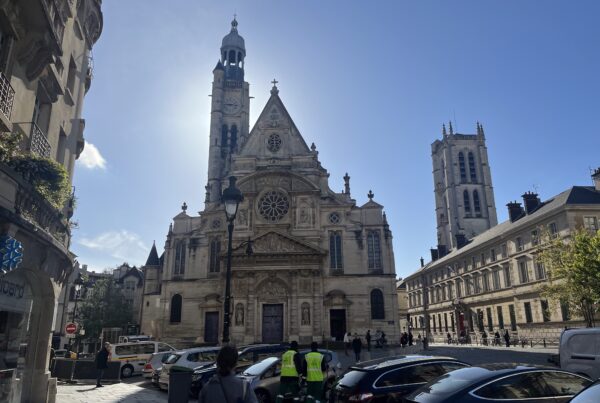Acts 29 is all about one thing: church planting. We exist to plant churches. Period! To accomplish this, we are broken into several networks around the globe and I represent the US South Central Network that reaches from Nebraska straight down to Texas in the middle of the USA. We are in the beginning stages of the build out of the new US South Central.
The vision for US South Central is to promote healthy churches that collaborate to multiply healthy churches.
Several leaders from across our network have met several times to dream, debate, and clarify the “what” of what we want to look like. Once the “what” was established, we could move forward with the “how” of implementation. I would like to share our “what” that is starting to make its way into the “how” with you.
The vision for the US South Central Network is to promote healthy churches that collaborate to multiply healthy churches. Let me offer four ways that we would like to accomplish this. Some of these start to move from “what” to “how” type of ideas, but they are all foundational, philosophical issues for us.
1. Decentralized, area-based approach.
Our conviction is that collaboration will happen best in local areas where Lead Pastors and their teams can know one another, establish trust, and own their cities/areas. Health is a key component of our vision and this will best be accomplished similarly as pastors and their teams know and support one another. We aim to put most of our weight here with very little at the region and Network-wide level.
2. Collaborative area leadership teams that include the area’s anchor church.
In the past, some areas excelled and others sputtered depending on the number of churches, geography, local leadership, and several other factors. We hope to standardize the experience with clear expectations for each area in terms of events and leadership, but allow for local agility and contextualization. A big step in moving this direction will be to include large anchor churches and smaller church Lead Pastors in area leadership teams. We want to include all of the experience and resources of the anchor churches in each area. We also want to include smaller, more recent planters that bring a unique perspective and fresh church planting experience. These collaborative teams will own their area and develop a strategy for events, relational interaction, residencies, and select a person to serve as the point person that will work with other area leaders to lead a well-coordinated US South Central Network.
3. Cross-trained residencies.
A lot of churches in Acts 29 have engineered their own residencies and pathways to church planting. That is great! One of our hopes is that men will choose to work together to cross-train potential church planters. Two things can be accomplished through cross-training church planters:
- Church planting becomes more realistic for smaller, newer churches that might lack the staffing to dedicate someone to running a residency. Busy Lead Pastors with no or only one or two other staff/elders might feel like a resident is one more plate to spin. A collaborative residency takes some pressure off and can allow the church to train its resident in clearly defined topics and allow other leaders and churches to supplement and round out the training.
- Residents are not limited to being only trained in the strengths of their host church. In a collaborative, cross-trained residency, residents get to learn from other residents and relative strengths and different life stages of other church plants in the area. Residents will be better prepared and well rounded. Again, Acts 29 is a single issue network that focuses on church planting and we believe these area-based collaborative residencies help greatly in our mission.
4. Robust assessments that serve prospective church planters better than ever.
You could make a case that this is the thing that Acts 29 has done the best for a long time. We want to build on those strengths and also implement some great ideas that Acts 29 global is building. Reid Monaghan planted Jacob’s Well in New Jersey eight years ago and has led dozens of assessments during his tenure. Reid is stepping away from leading at Jacob’s Well and will be leading the US South Central’s assessment process. More details on this will follow, but it will involve more robust assessor training, an assessment conference with a couple of days of interviews/interaction, and the best area-based assessors that we have. It should be a really robust process.
Going Forward
Pray for us as we seek to build healthy area teams that work well to promote the multiplication of healthy churches.
There are lots of questions on “how” we implement the “what” of South Central’s vision to promote healthy churches that collaborate to multiply healthy churches. We aren’t quite there, but I don’t think it will take long. Please pray for our leaders to build healthy area teams that work well together to promote health and multiplication of churches and leaders. This is the most critical step to execute our decentralized strategy in planting as many healthy churches as we can.
Dusty Thompson planted Redeemer Church in Lubbock, Texas in the fall of 2007. Redeemer has a vision to plant 20 churches in the US and send 20 teams internationally to work among unreached peoples by the year 2020. He is married to Amy and they have two sons. Dusty currently serves as the US South Central Network Director.










